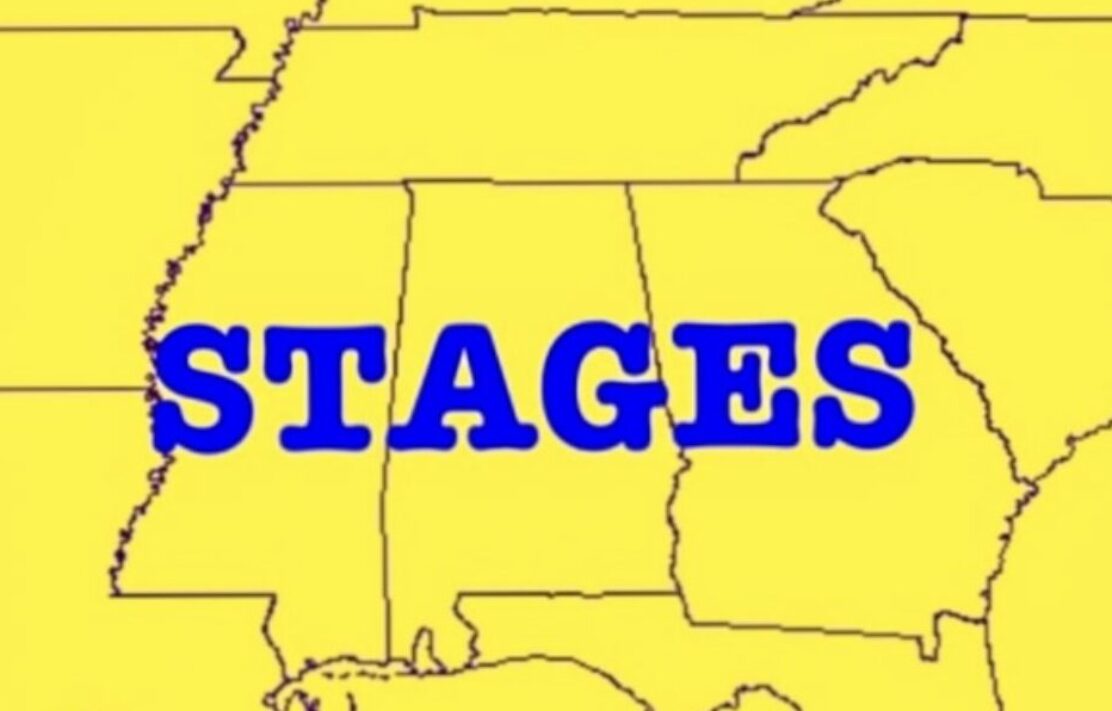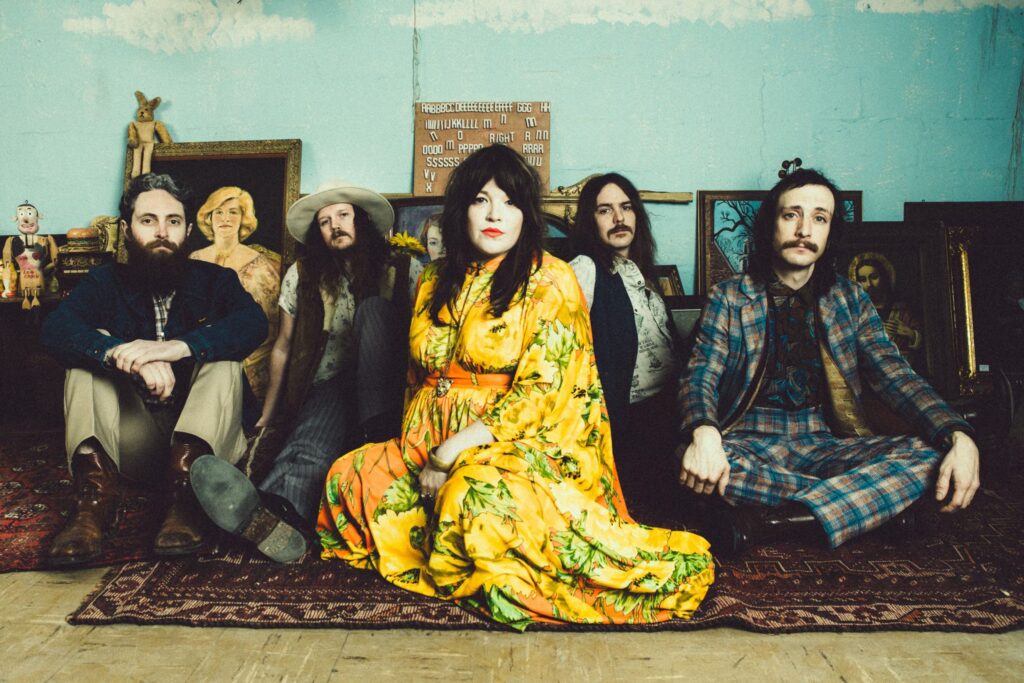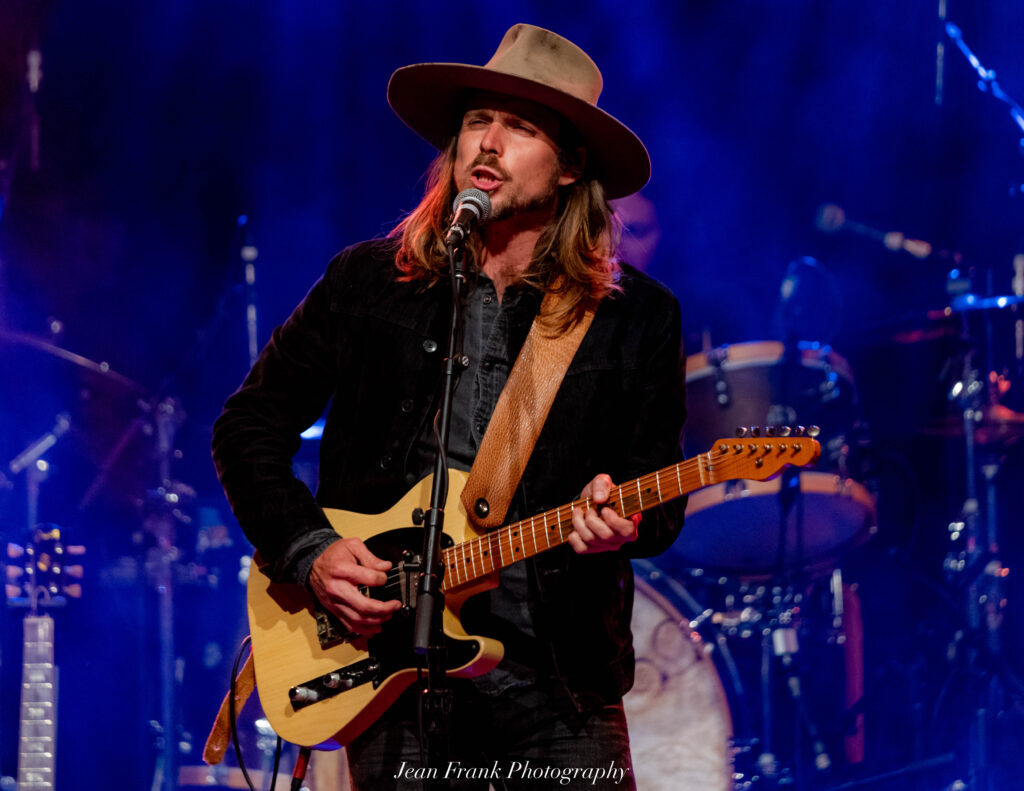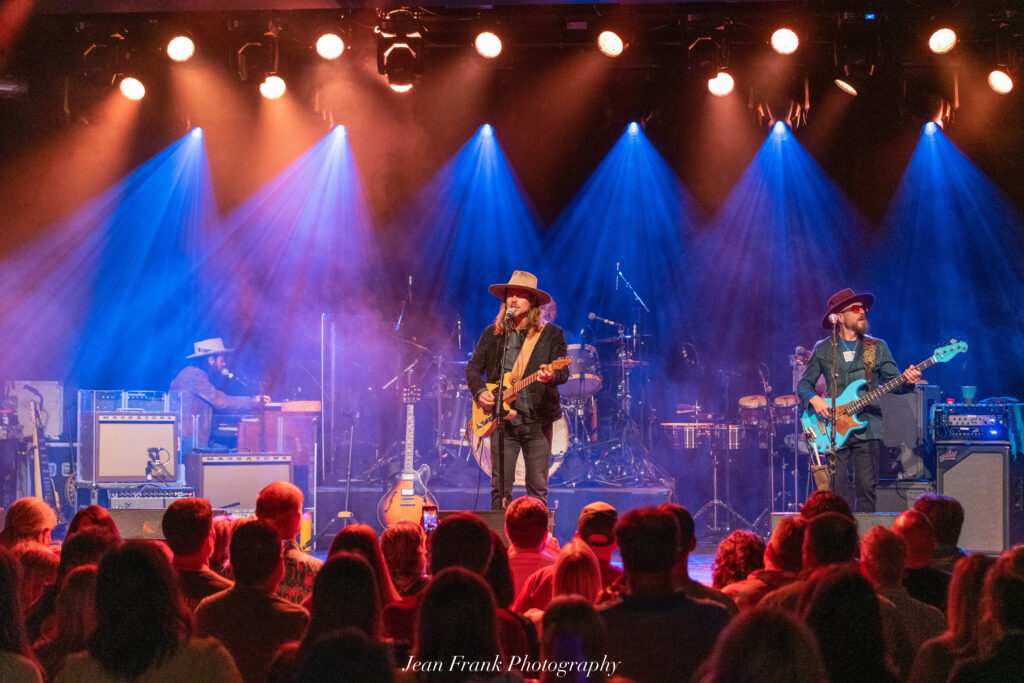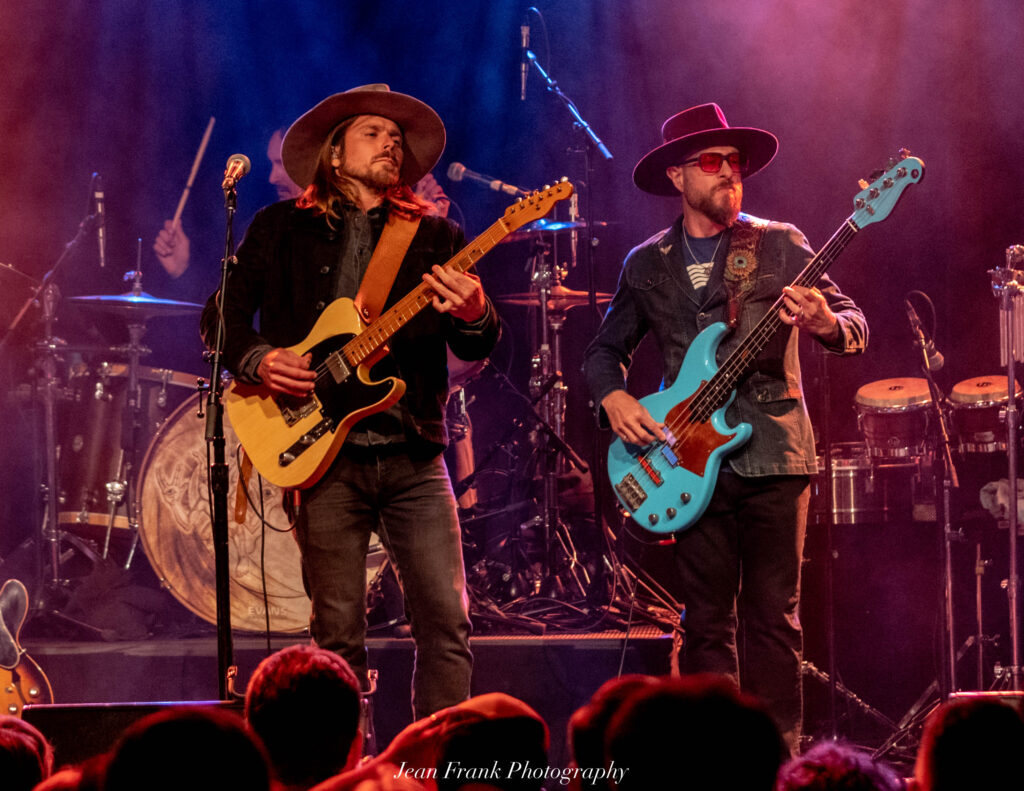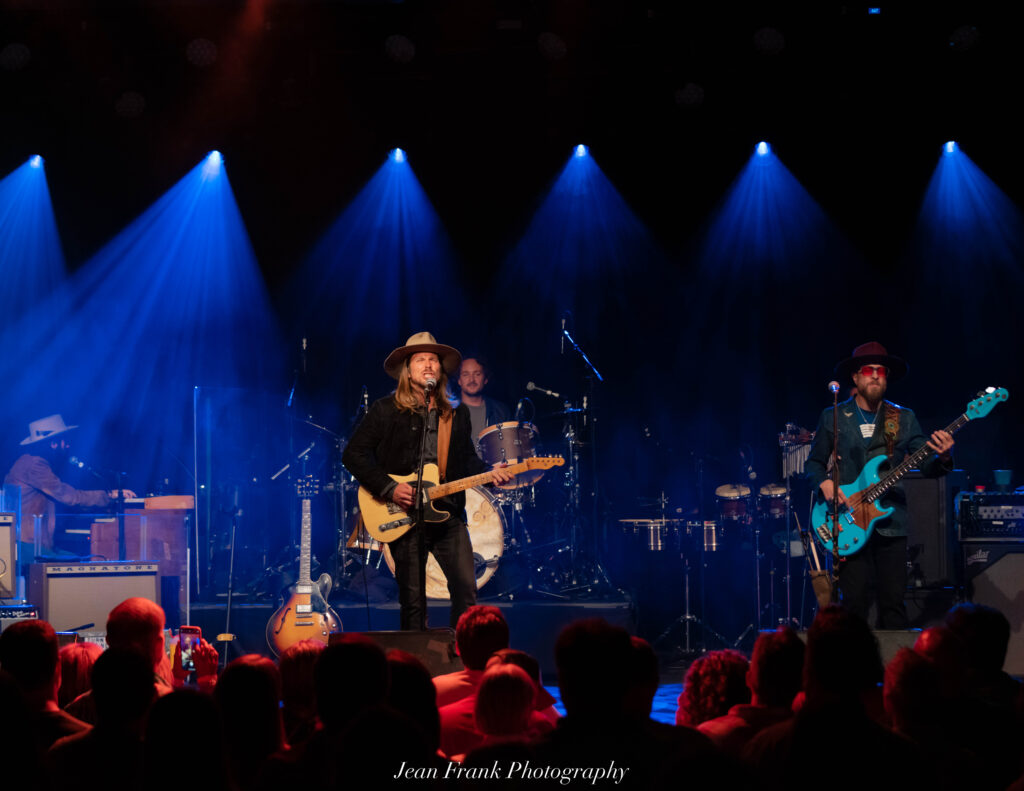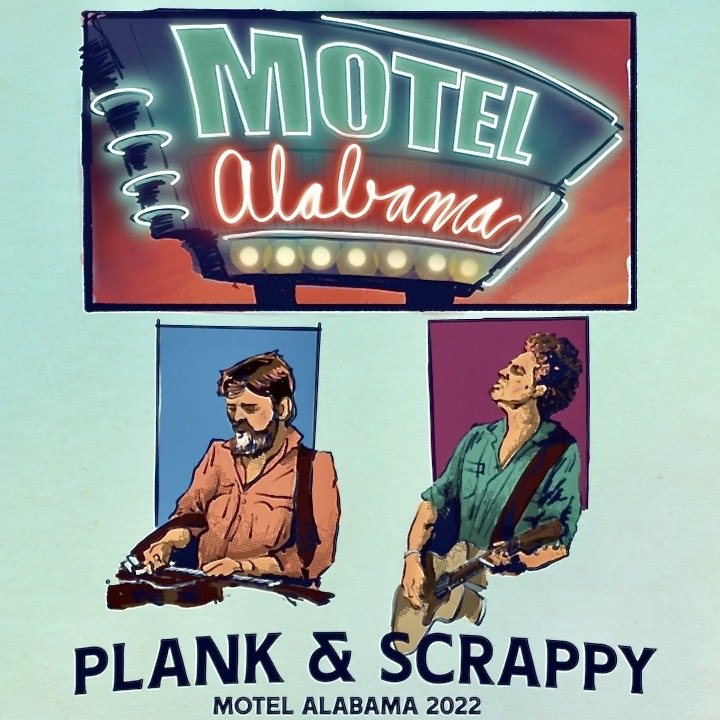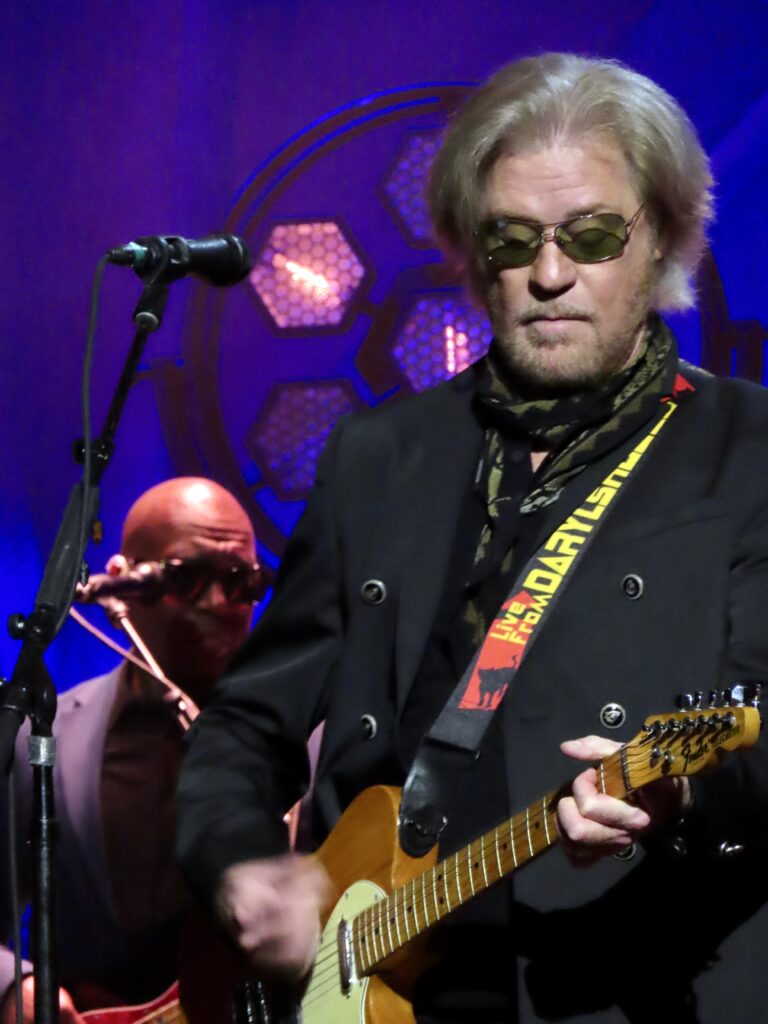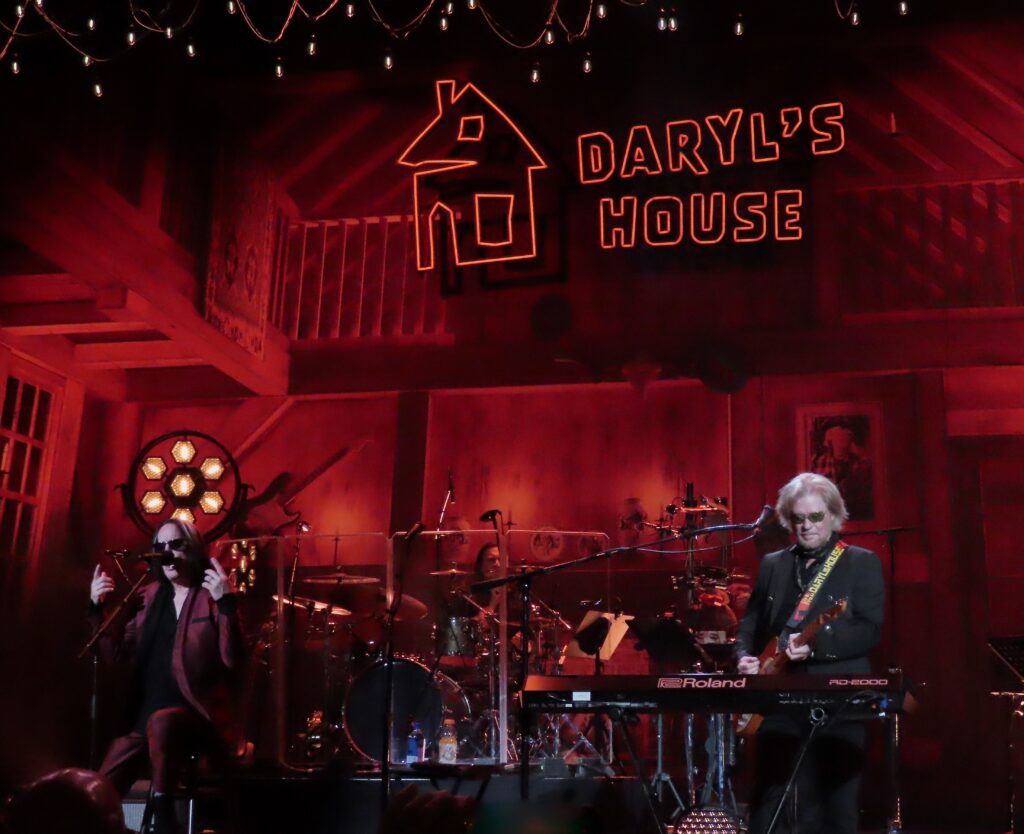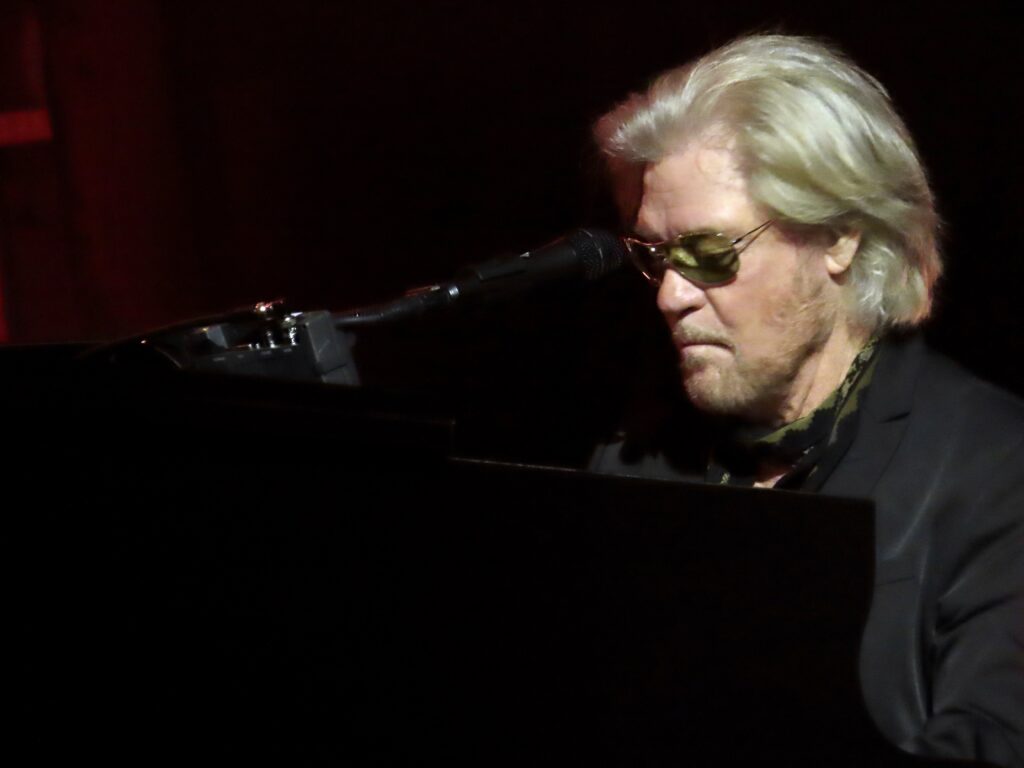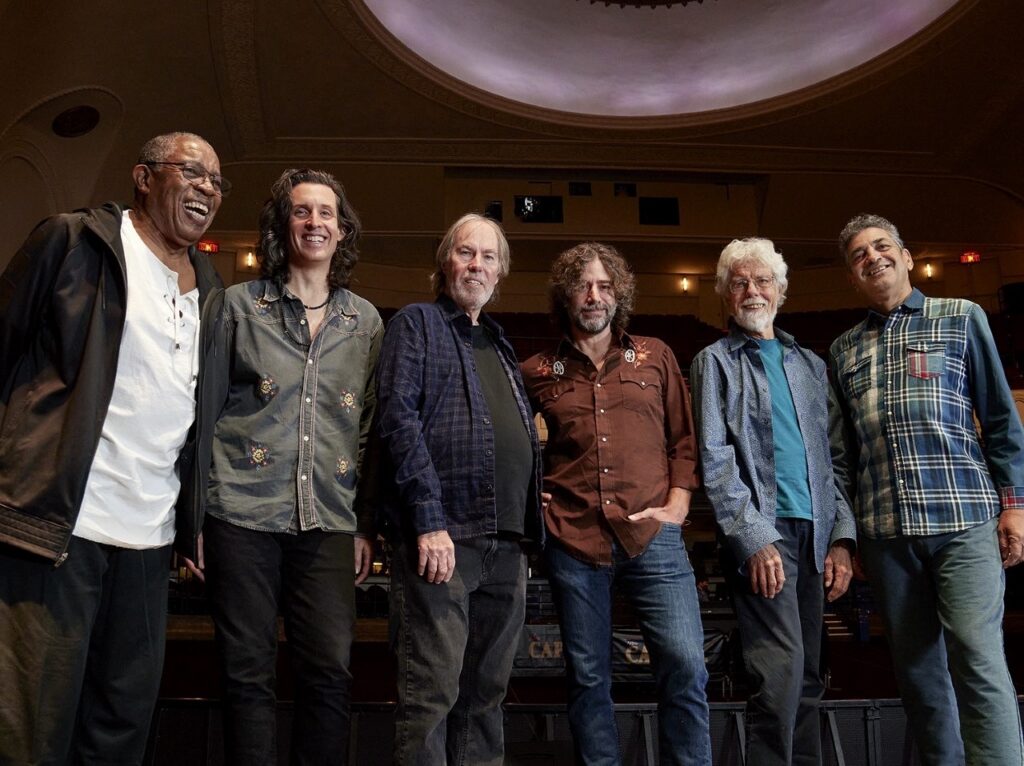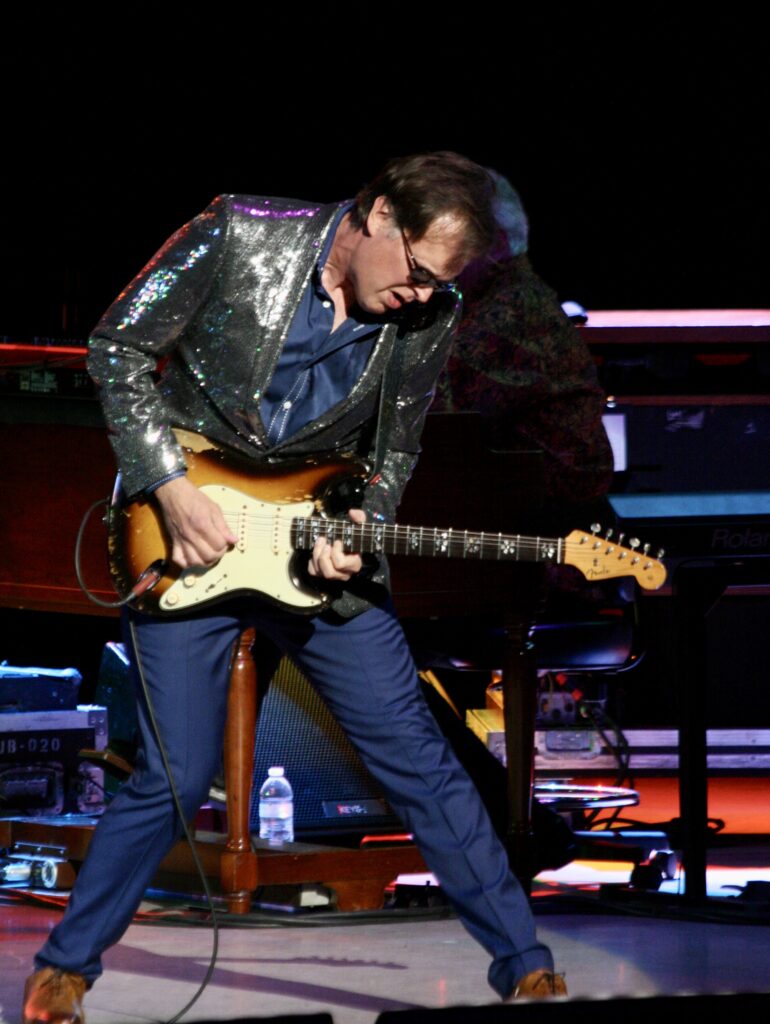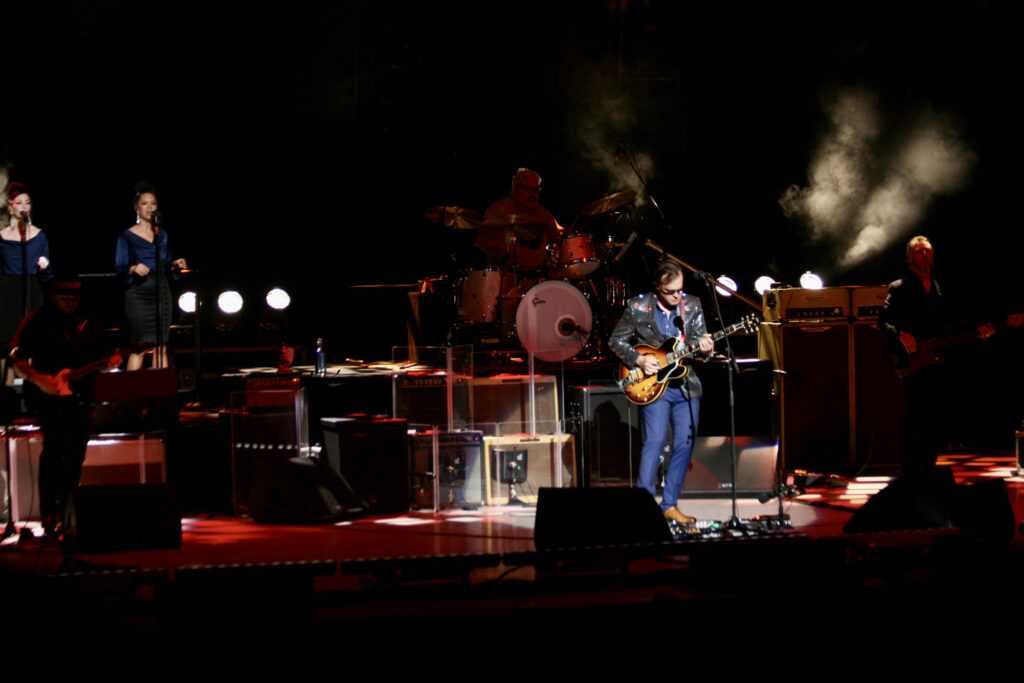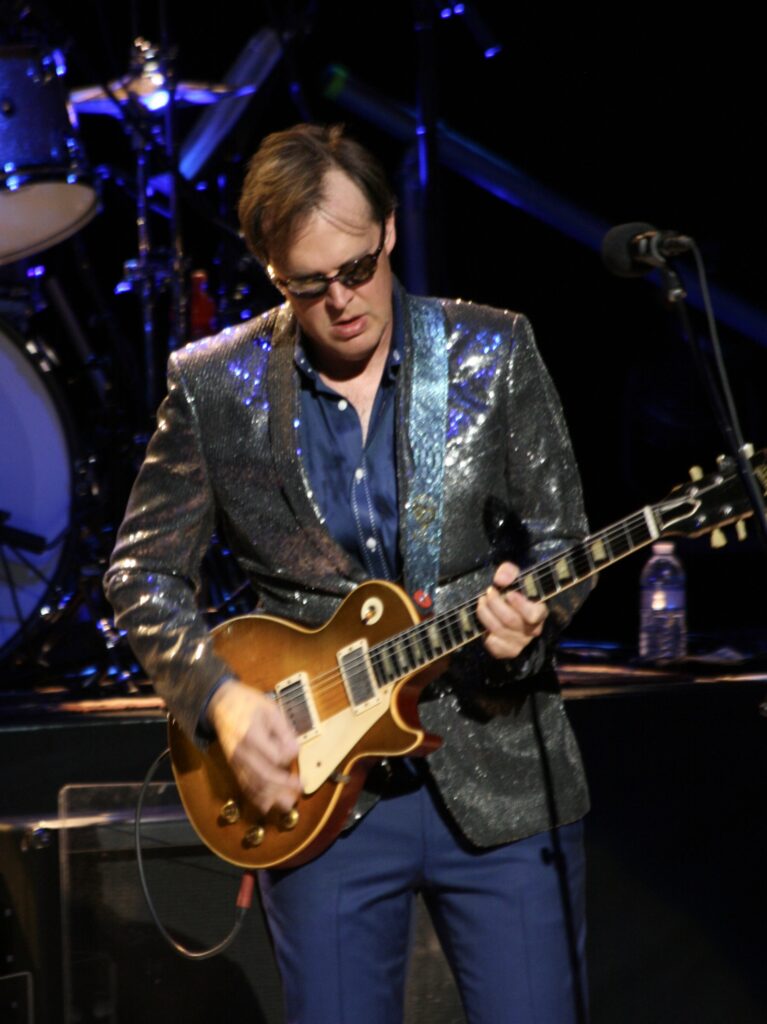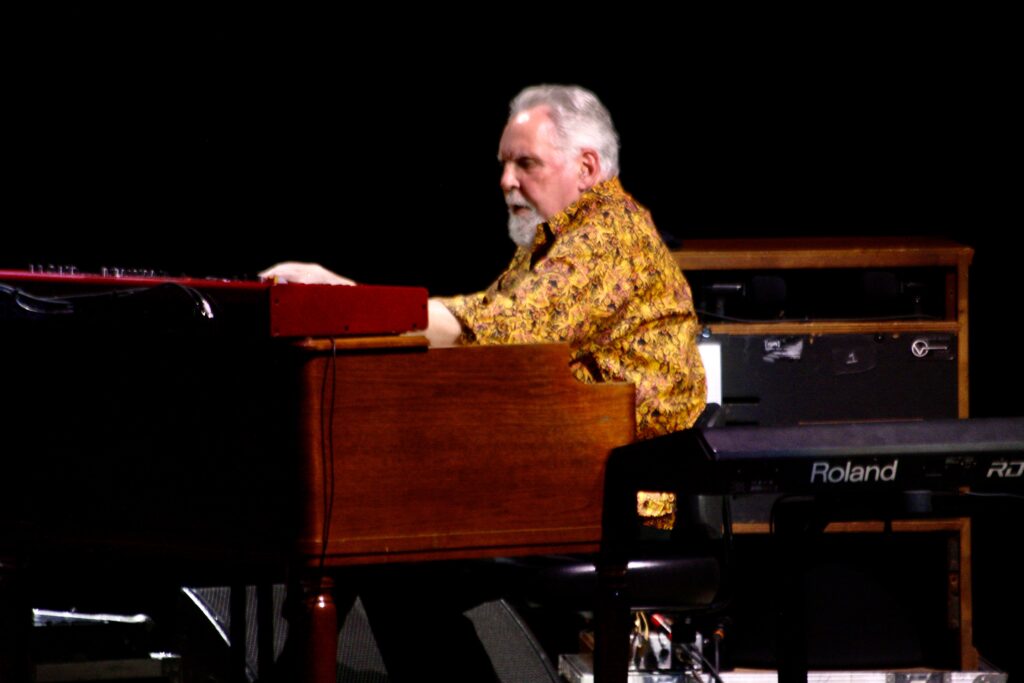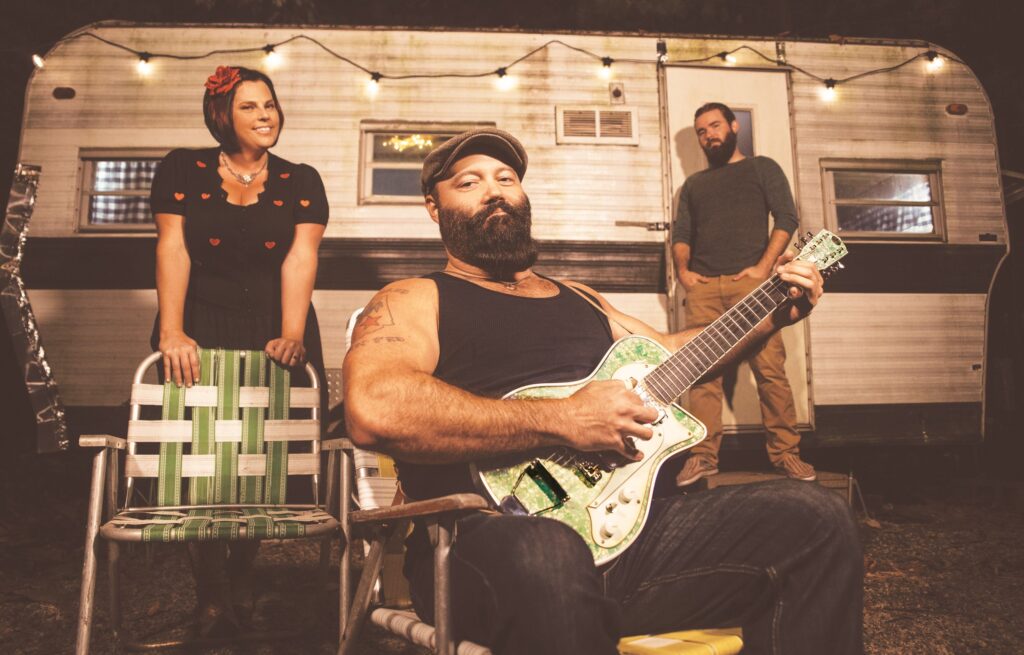By Brent Thompson
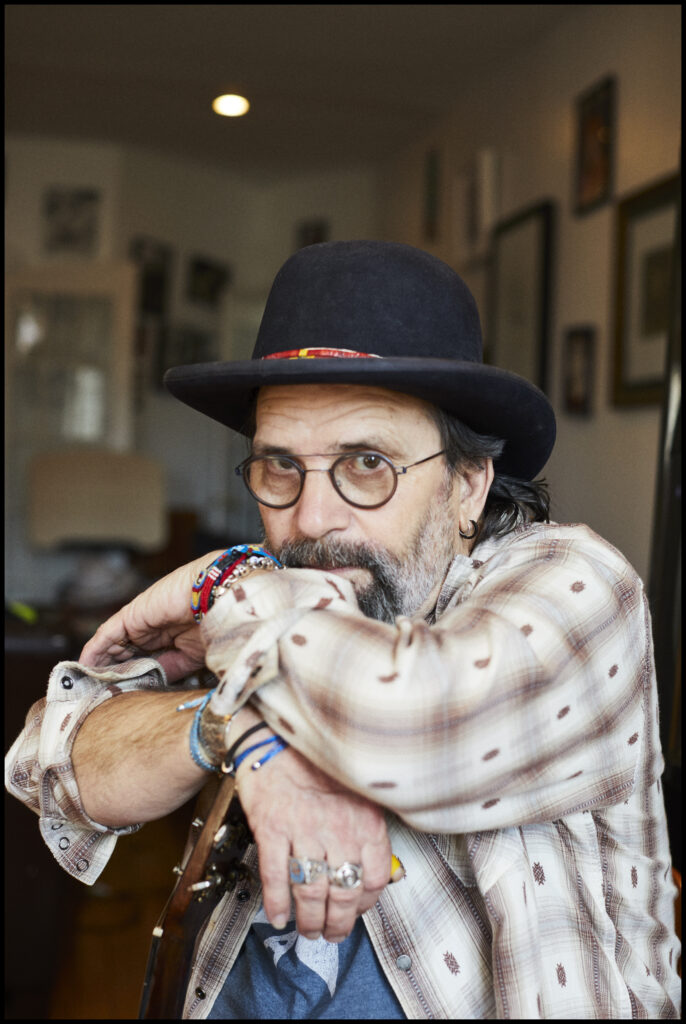
Photo Credit: Danny Clinch
In a career spanning nearly 40 years, Steve Earle has released more than 20 albums while also finding time to be an actor, playwright and author. On May 27, the three-time Grammy award winner will release Jerry Jeff [New West Records], a tribute album to one of his musical heroes, Jerry Jeff Walker. Jerry Jeff is the latest installment in a series of albums that includes Earle’s tributes to Townes Van Zandt, Guy Clark and his late son, Justin Townes Earle. On Wednesday, June 1, Steve Earle & The Dukes will perform at Decatur’s Princess Theatre. Recently, Earle spoke with us via Zoom from his New York City home.
Southern Stages: Steve, thanks for your time. We are really enjoying Jerry Jeff. At the onset, did you envision the Townes, Guy and Jerry Jeff albums as a series?
Steve Earle: No. The Townes one was 10 years after he passed away – it was a little distance. The Guy one was almost as soon as Guy as he was gone. The Jerry Jeff thing started at his memorial service, so I probably started thinking about whether I’d do a Jerry Jeff one around the time of the Guy record. I didn’t make my decision until he was actually gone because I just wasn’t going to think about it. I’m an old hippie and (spiritual teacher) Ram Dass was my guru – I knew him and he wrote about aging and death. I got to meet him when I was 60 and I knew him the last five or six years of his life and that helped because I was losing people by that time. I’m trying to celebrate people rather than mourn in the classical sense. The J.T. record was the same thing. It was the only thing I knew to do – it wasn’t fun and it was painful. This record was a lot more fun in some ways. I’m on Guy Clark’s first record and I knew Townes and I met him very shortly after I heard one of his records for the first time. Jerry Jeff was a big star in Texas when I was first getting out on my own and playing and I played a lot of these songs in bars. Everybody in my band grew up playing these songs – I’ve got three Texans in the band. I’m tired of making them – I want to make a record of my songs now. I’ve been writing songs – I’m writing a musical of Tender Mercies with (playwright) Daisy Foote and that’s where the songs I’ve been writing have been going.
Southern Stages: I didn’t mention the J.T. album because I’m sure it’s a sensitive subject.
Earle: It’s not part of the same thing – the Justin thing was its own deal. The Jerry Jeff, Townes and Guy things are definitely a set and they’re all on the same record label. My guess is you’ll be able to get them as a set very shortly, probably around Christmas.
Southern Stages: How did you sift through Jerry Jeff’s catalog and select songs for the album?
Earle: The criteria was his songs. He was known for interpreting other peoples’ songs, but I’d already done all the Guy songs on the Guy record. “Mr. Bojangles” can overshadow everything that he did, so it was about people that didn’t know learning what a great songwriter he was. It goes back to the beginning of his career and goes pretty much through the peak of it. I wasn’t going to record “Sangria Wine” because I’m sober and I can’t let myself do that – it just doesn’t feel right. I used to sing it every night.
Southern Stages: On a project like Jerry Jeff, how do you place your own stamp on someone else’s material while retaining the integrity of the original songs?
Earle: I think what I thought it was doing was emulating the records pretty closely. It comes out, surprisingly enough, feeling like me because I wanted to be Jerry Jeff Walker more than anything else in the world at one point in my life. Jerry Jeff Walker is part of my DNA as a performer, probably more than Guy and Townes were. Jerry Jeff was by far the best performer of all of his peers. The only guy that was as good as Jerry Jeff on stage at that moment in Austin was Rusty Wier and Jerry Jeff knew it. People that are great performers and master communicators are not as common as one would think. Rock & roll has only produced a few like Bruce Springsteen and James Brown. Jerry Jeff – I knew people that didn’t like him and I lived in Greenwich Village for 17 years – but everybody invariably said that the best performer on the street when Jerry Jeff was in the Village was Jerry Jeff Walker. I saw him in Austin – he could get too loaded to play, but when he was on it was riveting.
Southern Stages: Given the large catalog of songs you’ve accumulated, how do you comprise your set lists these days?
Earle: It’s hard. We won’t play the whole Jerry Jeff record, but we’ll play a big chunk of it and we’ll probably open the show with it. I’m putting the show together right now. The last time we went out was last summer. After not going out for two years, it was kind of weird because we had made two records, so I had to have a Ghosts of West Virginia section and a J.T. section and we did four songs from each. I also wanted to play songs that I knew people wanted to hear because we missed them and they missed us and we just wanted to do that. So, we’ll start out with a lot of Jerry Jeff Walker songs and then we’re going to play all the stuff I play so I can get out of there alive – that’s just the way it is at this point.
Southern Stages: Speaking of the songs you play to get out alive, how do songs stay fresh and relevant to you after you’ve played them a thousand times? 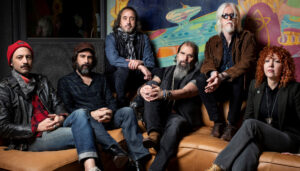
Earle: I don’t understand the mentality of not wanting to play stuff. The thing that people know you for the best – why would you not want to play that? That’s never made any sense to me. “Copperhead Road” became a line dance and I missed that culturally because I was on drugs and in jail when that happened, which was a few years after. When it came out, it could not get played on country radio – it was too weird for them and they wouldn’t play it. Later on, when the line dance craze started, there came about a “Copperhead Road” line dance and it was done every night in every dance hall where people danced to country music. The line dance craze died out for the most part, but not “Copperhead Road” and it’s still done every night in any country disco. Somebody asked me if that bothered me and I said, “Hell no – it’s like I wrote ‘Cotton-Eyed Joe’ – that’s immortality, that’s what that fucking is.” I play “Copperhead Road,” “The Galway Girl” and “Guitar Town” and I’m fortunate that I’ve had songs throughout my career that people find important. The job is to let people know they’re not alone – that everybody feels bad and everybody feels good. I never understood the Andy Kaufman school of, “I’m smarter than you. If I think it’s funny and you don’t, that just means you’re stupid.” I never understood that. I play things for people and if they don’t work the first couple of times I play them, then I don’t play them anymore. Guy Clark told me that songs aren’t finished until you play them for people. There were only two critiques from Guy – one was “good work” and the other was “needs work” [laughs].
Southern Stages: The music business now is vastly different from the one you entered nearly 40 years ago. As an artist, how do you view the current climate?
Earle: There’s a lot of stuff out there. The good news is anybody can make a record and the bad news is anybody can make a record. There’s more shit to wade through. I just feel lucky that I came along in the ’80s when there was a lot of money being spent. I was never going to sell millions of records – I was too hard-headed and still am, but I was allowed to develop and audience that I’ve kept. I didn’t know what to tell Justin by the time he started doing it and the business has changed a lot since Justin started. I don’t try to tell people what’s country and what’s not because a lot of people thought what I was doing wasn’t country when I came along. Those guys on the radio now, they decide what’s country. In 1986 – when I had the number one album on the Billboard country album charts, I decided what was country.
Steve Earle & The Dukes will perform at Decatur’s Princess Theatre on Wednesday, June 1. For ticket information, please visit www.princesstheatre.org.
